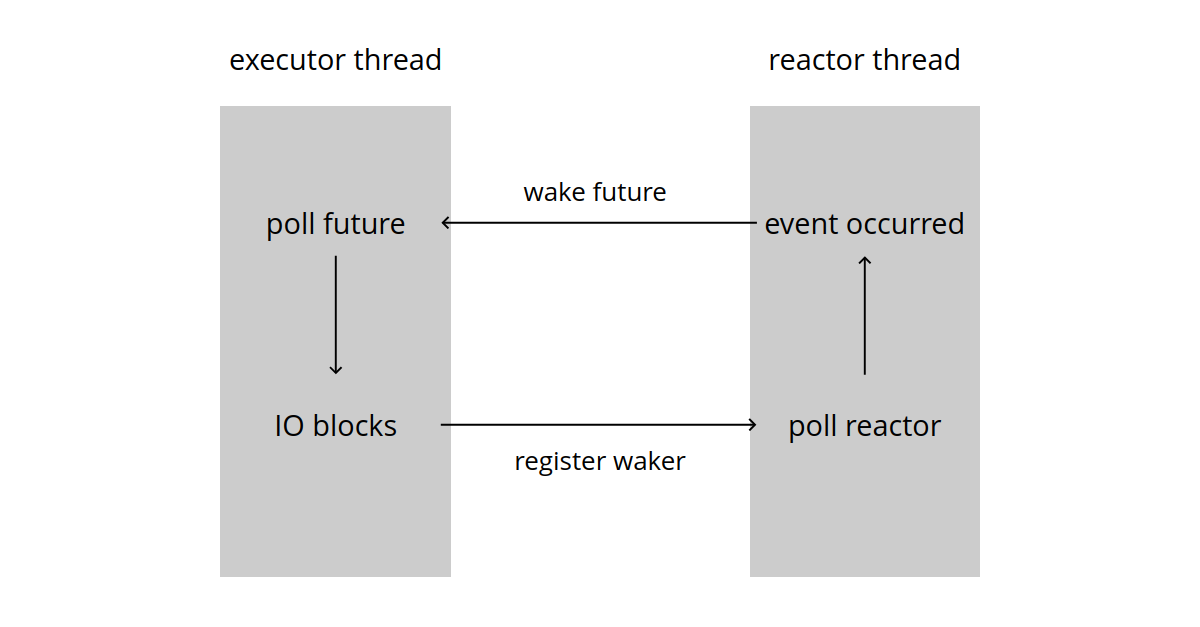Nea
the webserver that never allocates
Folkert de Vries, SYCL 2024
Nea is...
written in Rust
Proof of Concept
Nea is...
roc platform
web server
systems programming
Our Problem
webserver woes
A webserver
- accept a new request
- run a request handler
- send response
- GOTO 1
🔁
A webserver
in production
you pay for resources
locally
resource are infinite
🌄
💸
A webserver
running out of memory is bad for your users
"have you tried turning it off and on again" is not great ux
A webserver
you are at the mercy of your runtime
haskell/java/js/ruby/... runtimes are mediocre at everything.
Partial Solutions
heuristics
not guarantees
hard to find optimal settings
⚖️
Goal 1
get a firm upper bound on the amount of memory used by our webserver
🧠
Goal 2
a memory-hungry request should not impact any other request

Catching the Culprit
tracking down memory usage
catching the culprit
pub fn reserve(
&mut self, additional: usize
);
pub fn try_reserve(
&mut self, additional: usize,
) -> Result<(), TryReserveError>;catching the culprit
in its lane, flourishing




catching the culprit
the malloc that broke the cammel's back
✖




catching the culprit
impossible to track down problematic requests

Solutions
Nea's design
our starting point
refcounting, so no GC pauses
roc is (relatively) fast
🚀
♻️
solution 1: one big allocation
using mmap
(or similar)
don't want to recompile
get a firm upper bound on the amount of memory used by our webserver
constraint: worst case == best case
our memory consumption is always maximal
⛰️
solution 2: memory separation
a memory-hungry request should not impact other requests
idea: each request gets its own bump arena
the arena is cleared when a request is done
constraint: # of concurrent requests
we now run into a hard limit: there needs to be a bucket available in order to serve a request.
🪣
but we can do MATH!
constraint: similar work
bucket size is fixed: memory is used most effectively if most requests do a roughly equal amount of allocating
⚖️
error recovery
↩️
setjmp/longjmp
back up the stack
send error 500
log request
error recovery
#include < setjmp.h >
void main() {
jmp_buf env;
int i;
i = setjmp(env);
printf("i = %d\n", i);
if (i != 0) { exit(0) };
longjmp(env, 2);
printf("Never gets here\n");
}error recovery
setjmp:
mov [rdi], rbx ; // Store caller saved registers
mov [rdi+8], rbp ; // ^
mov [rdi+16], r12 ; // ^
mov [rdi+24], r13 ; // ^
mov [rdi+32], r14 ; // ^
mov [rdi+40], r15 ; // ^
lea rdx, [rsp+8] ; // go one value up (as if setjmp wasn't called)
mov [rdi+48], rdx ; // Store the new rsp pointer in env[7]
mov rdx, [rsp] ; // go one value up (as if setjmp wasn't called)
mov [rdi+56], rdx ; // Store the address we will resume at in env[8]
xor eax, eax ; // Always return 0
reterror recovery
longjmp:
xor eax, eax ; // set eax to 0
cmp esi, 1 ; // CF = val ? 0 : 1
adc eax, esi ; // eax = val + !val
mov rbx, [rdi] ; // Load in caller saved registers
mov rbp, [rdi+8] ; // ^
mov r12, [rdi+16] ; // ^
mov r13, [rdi+24] ; // ^
mov r14, [rdi+32] ; // ^
mov r15, [rdi+40] ; // ^
mov rsp, [rdi+48] ; // Value of rsp before setjmp call
jmp [rdi+56] ; // goto saved address without altering rsperror recovery
loop {
work = queue.pop().await?;
match setjmp(&mut jmp_buf) {
0 => {
// snapshot has been made
call_roc(work)
}
_ => {
// allocation failed
todo!()
}
}
}fn roc_alloc() -> *mut c_void {
let ptr = ...;
if ptr.is_null() {
longjmp(&jmp_buf, 1)
} else {
ptr
}
}error recovery
setjmp/longjmp are so unsafe, even an unsafe block cannot contain them
#include < setjmp.h >
void main() {
jmp_buf env;
int i;
i = setjmp(env);
printf("i = %d\n", i);
if (i != 0) { exit(0) };
longjmp(env, 2);
printf("Never gets here\n");
}async IO
async IO makes sense when for a webserver
🧵
async IO
async fn foo() {
// ...
tcp_stream.flush().await;
}rust has no idea how to actually run this
async IO

Future Work
- make it more robust
- run actual roc applications
- benchmarks
Summary
roc platforms combine the convenient and performant
custom allocators are a superpower
hard bounds mean we can do MATH!
NEver Allocate!
Thanks
github: folkertdev
@folkertdev@hachyderm.io
constraints ⬌ guarantees
no free lunch
constraints ⬌ guarantees
> Array(8).join("wat" - 1) + " Batman!";constraints ⬌ guarantees
> Array(8).join("wat" - 1) + " Batman!";
< 'NaNNaNNaNNaNNaNNaNNaN Batman!'constraints ⬌ guarantees
Inductive Vector (A : Type) : nat -> Type :=
| VNil : Vector A 0
| VCons : forall (n : nat), A -> Vector A n -> Vector A (S n).Nea Sycl
By folkert de vries
Nea Sycl
RustNL 2024
- 513



